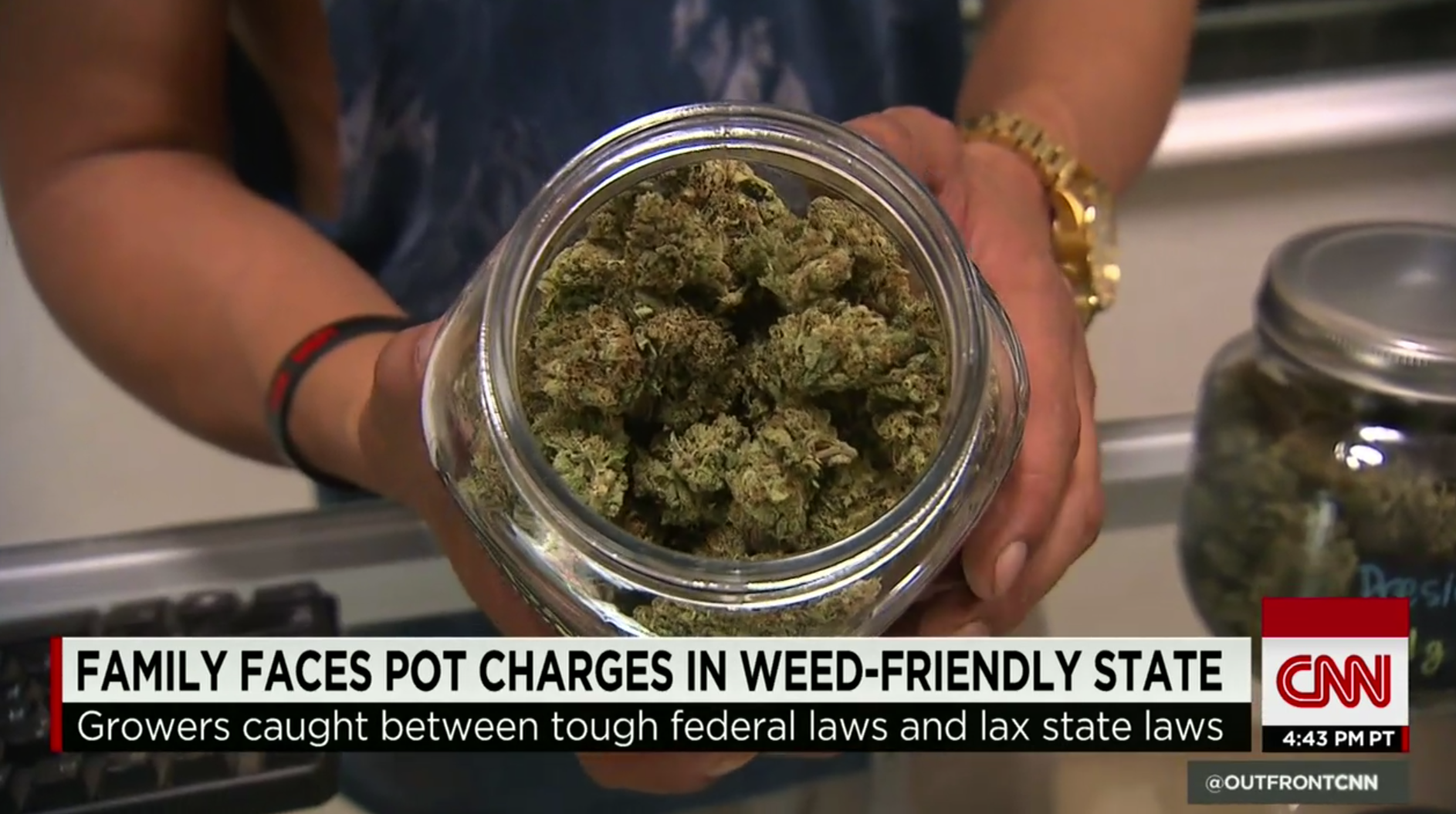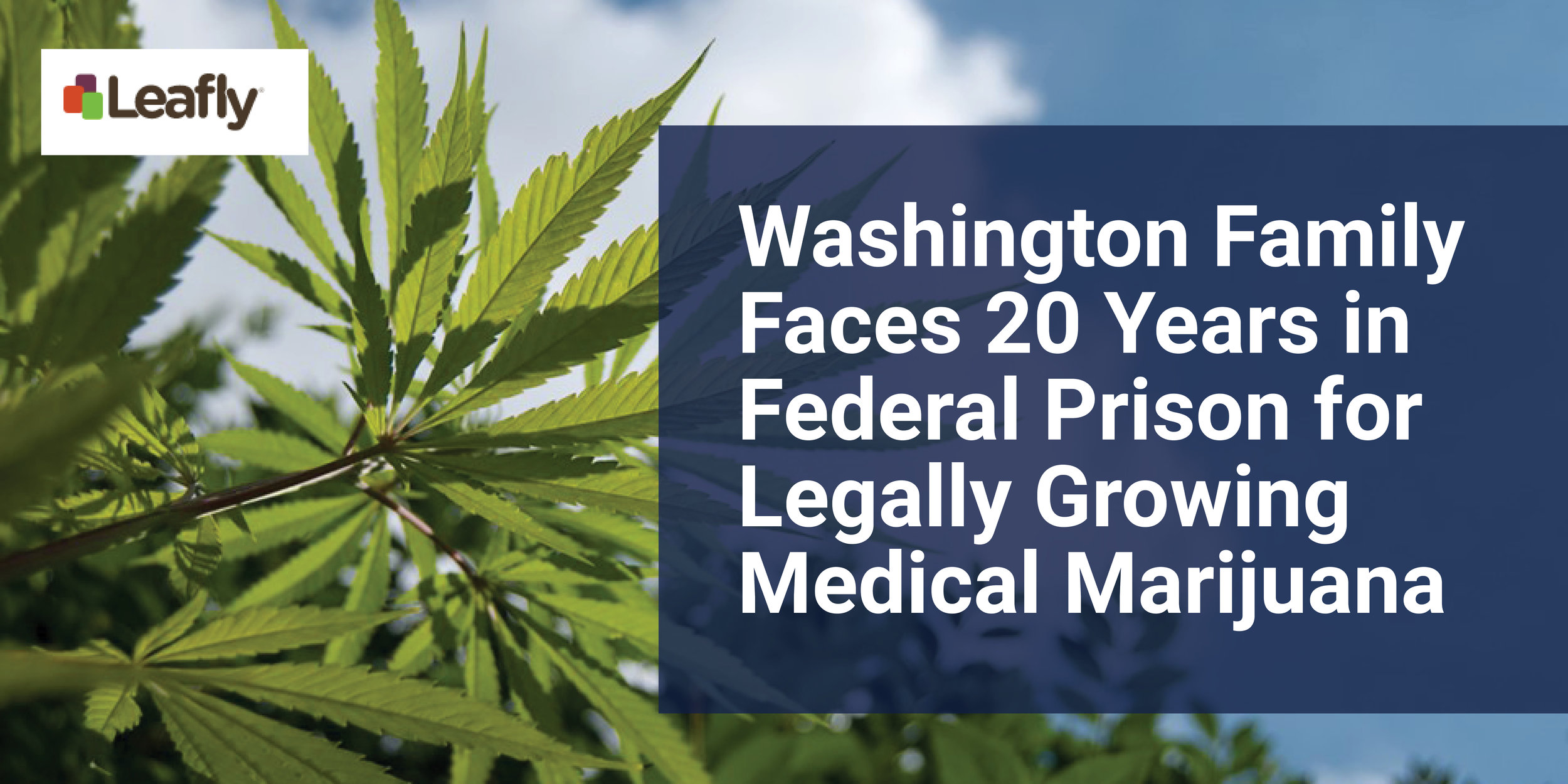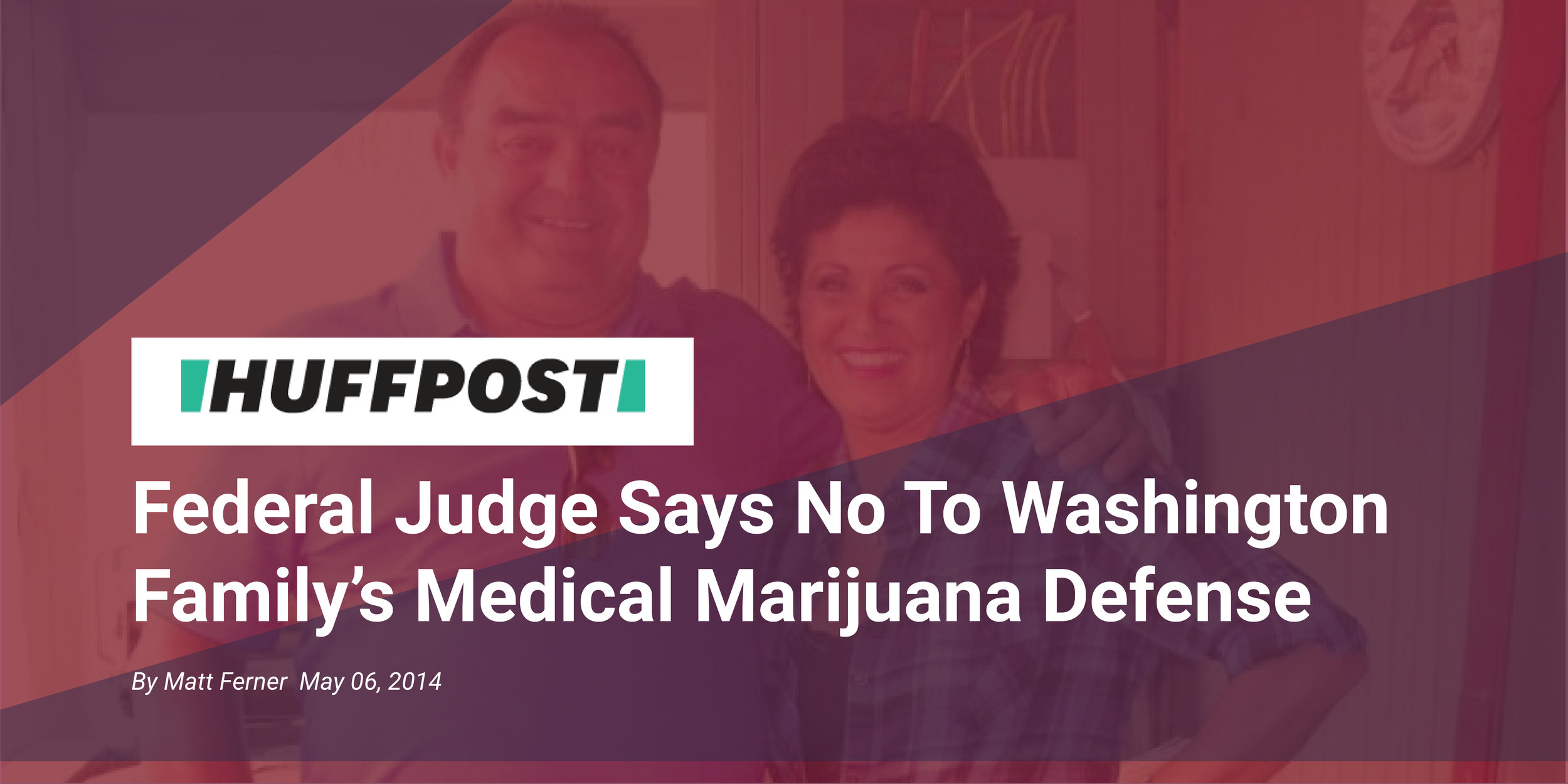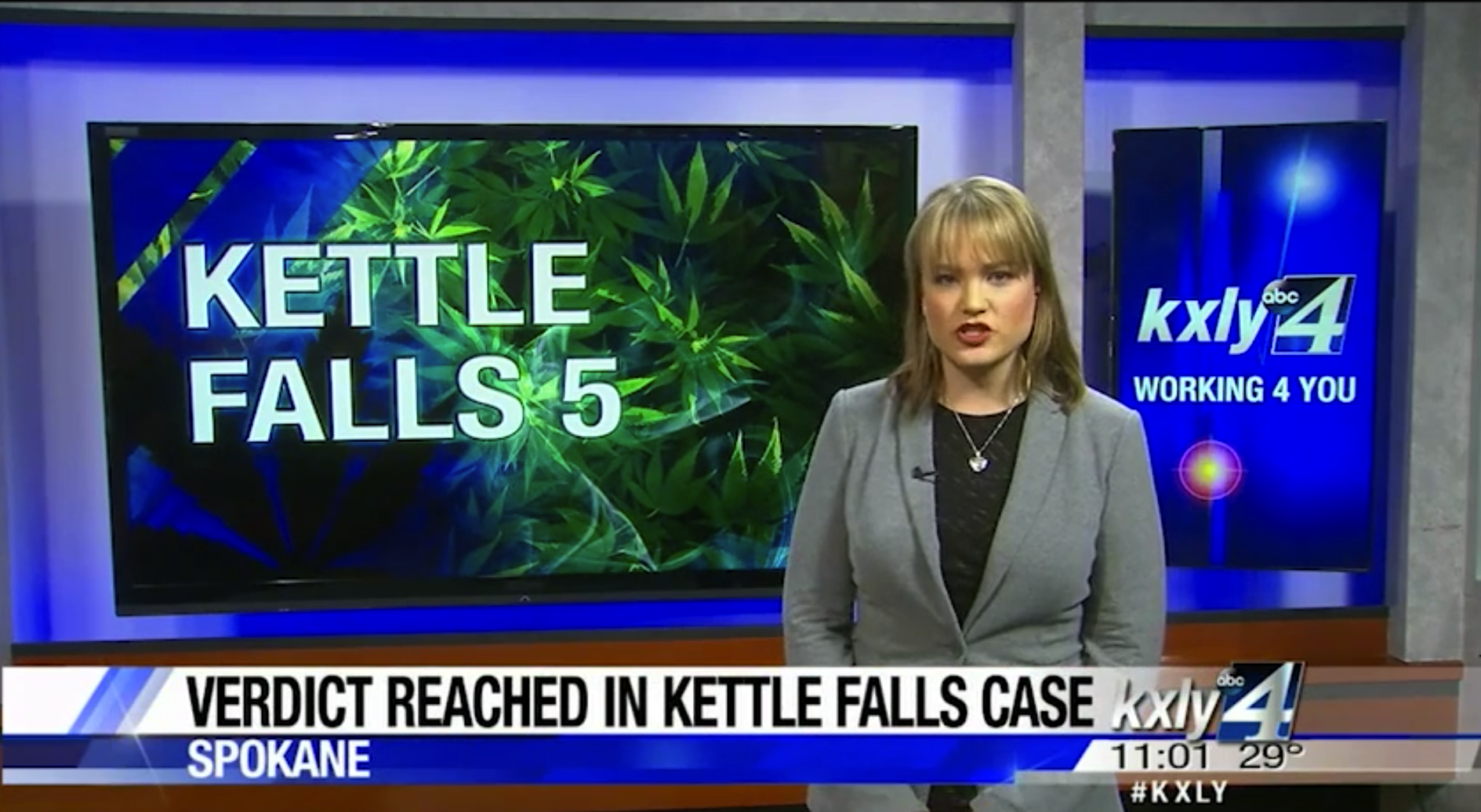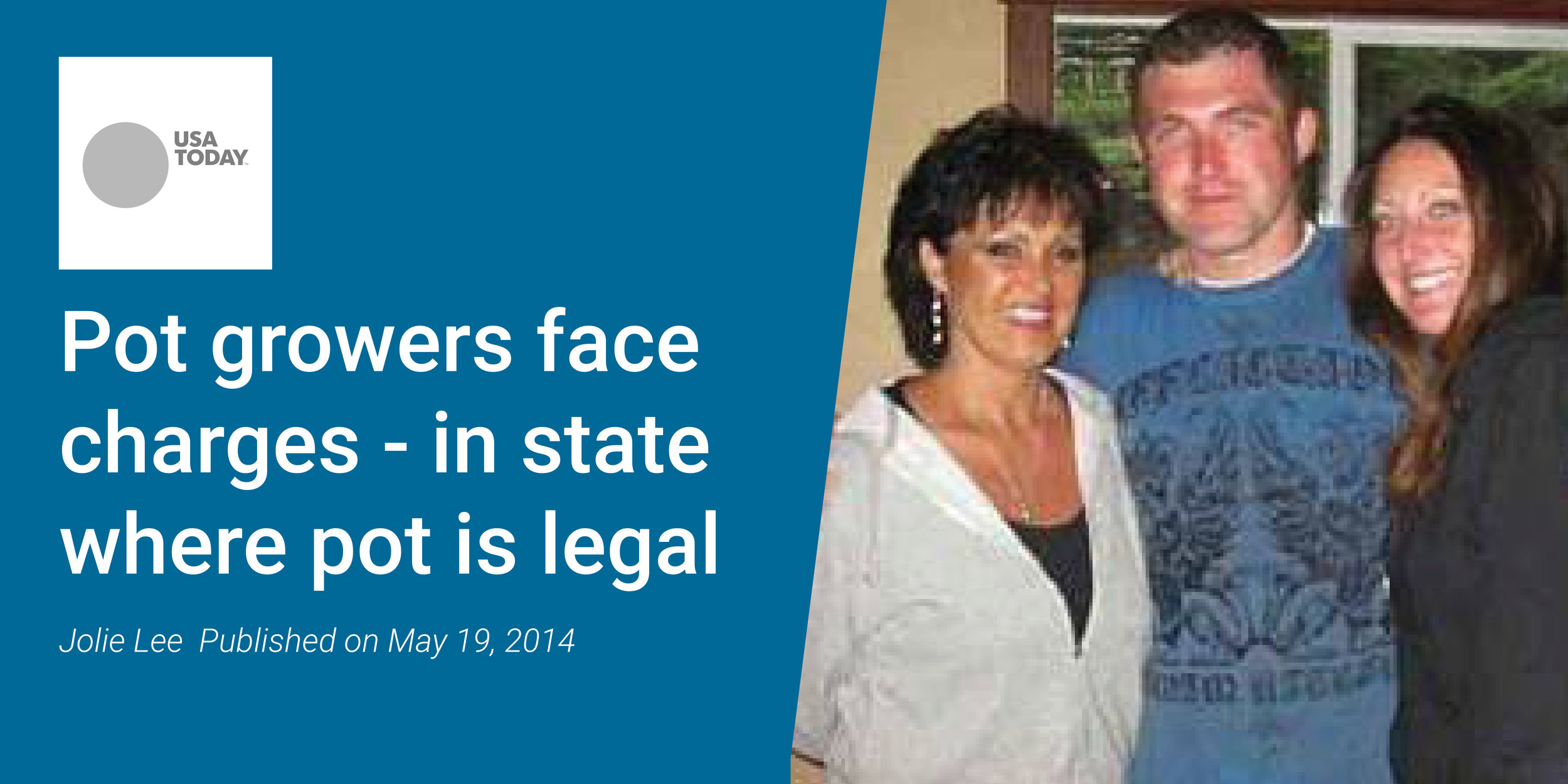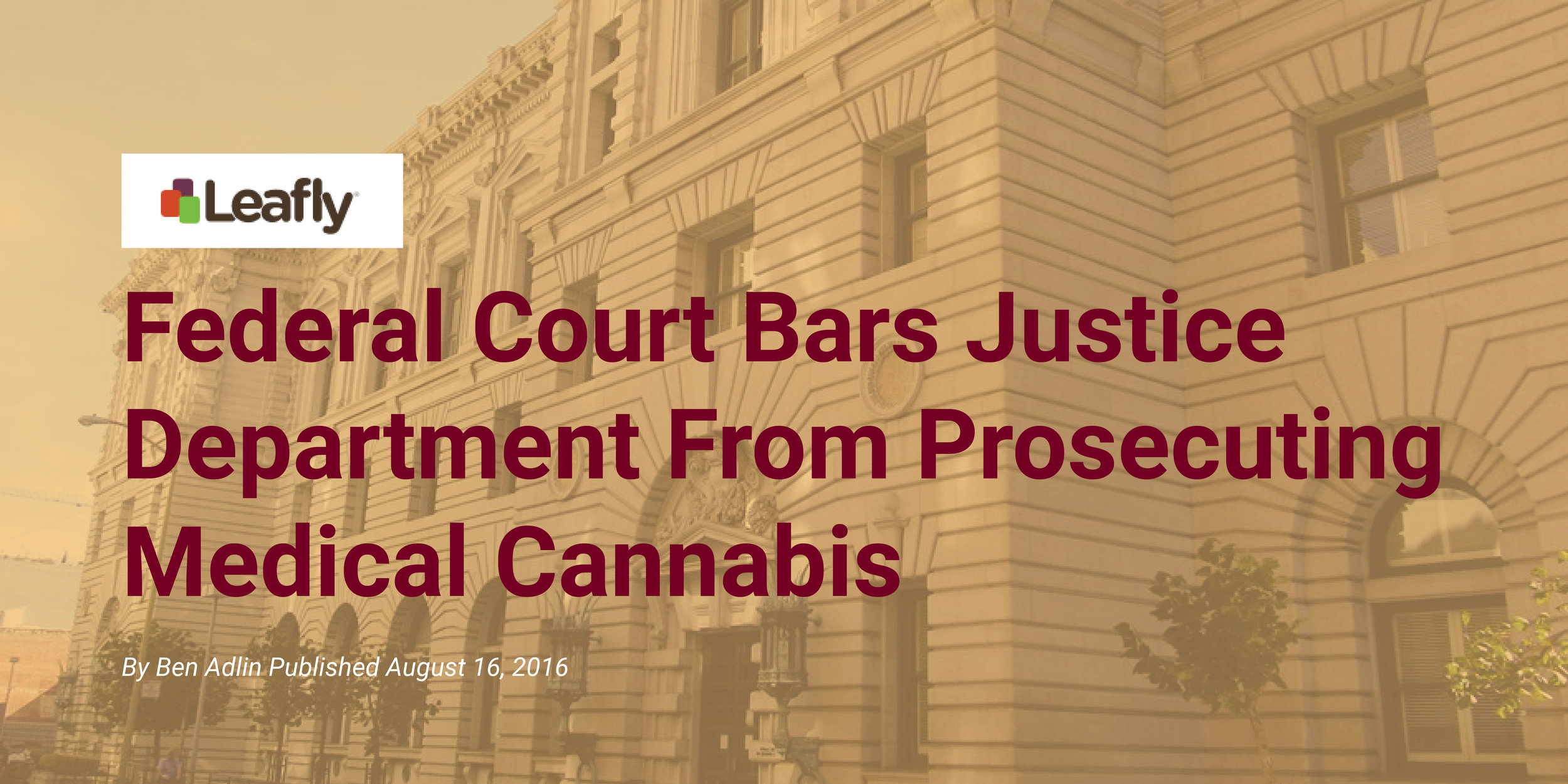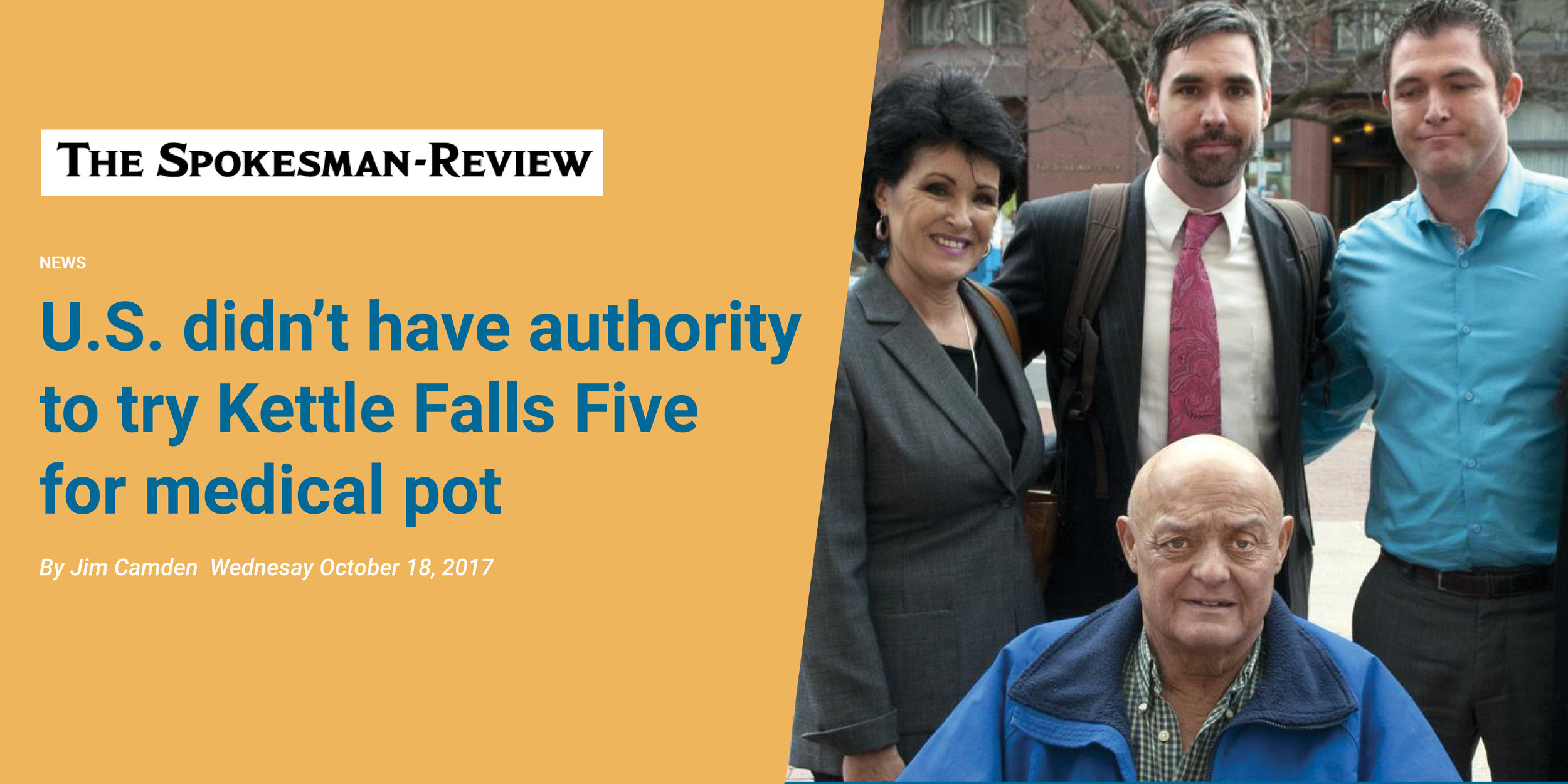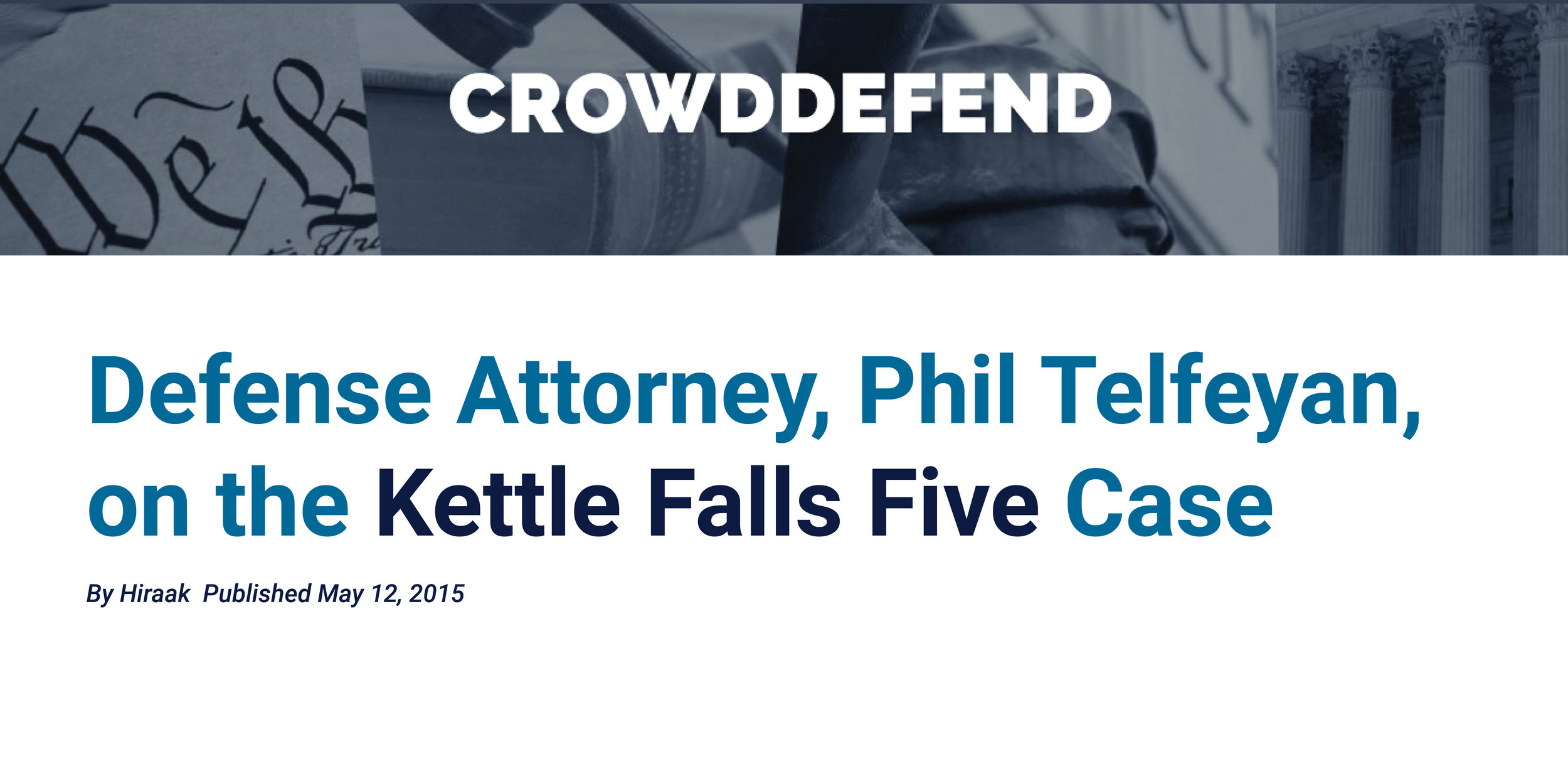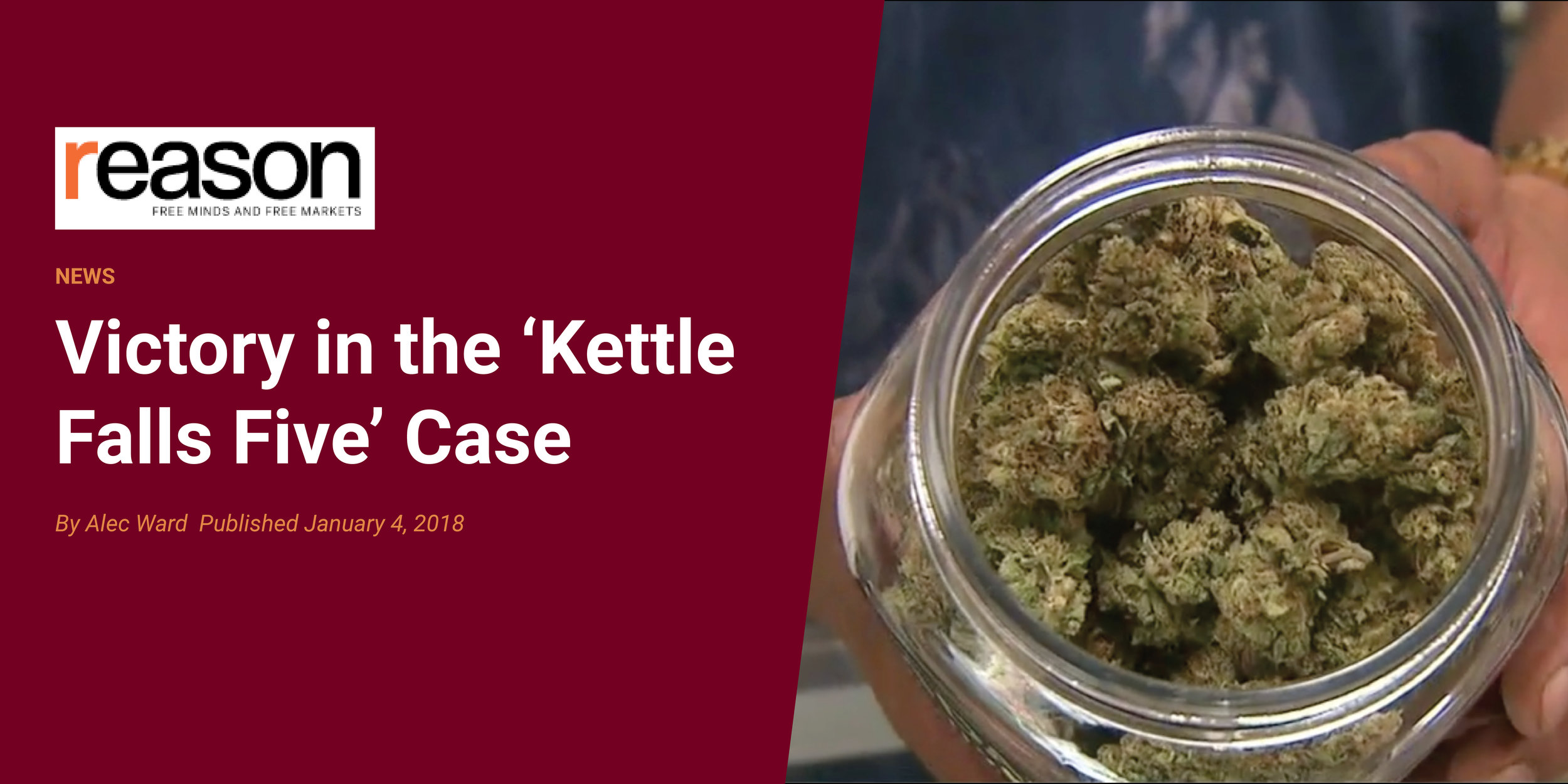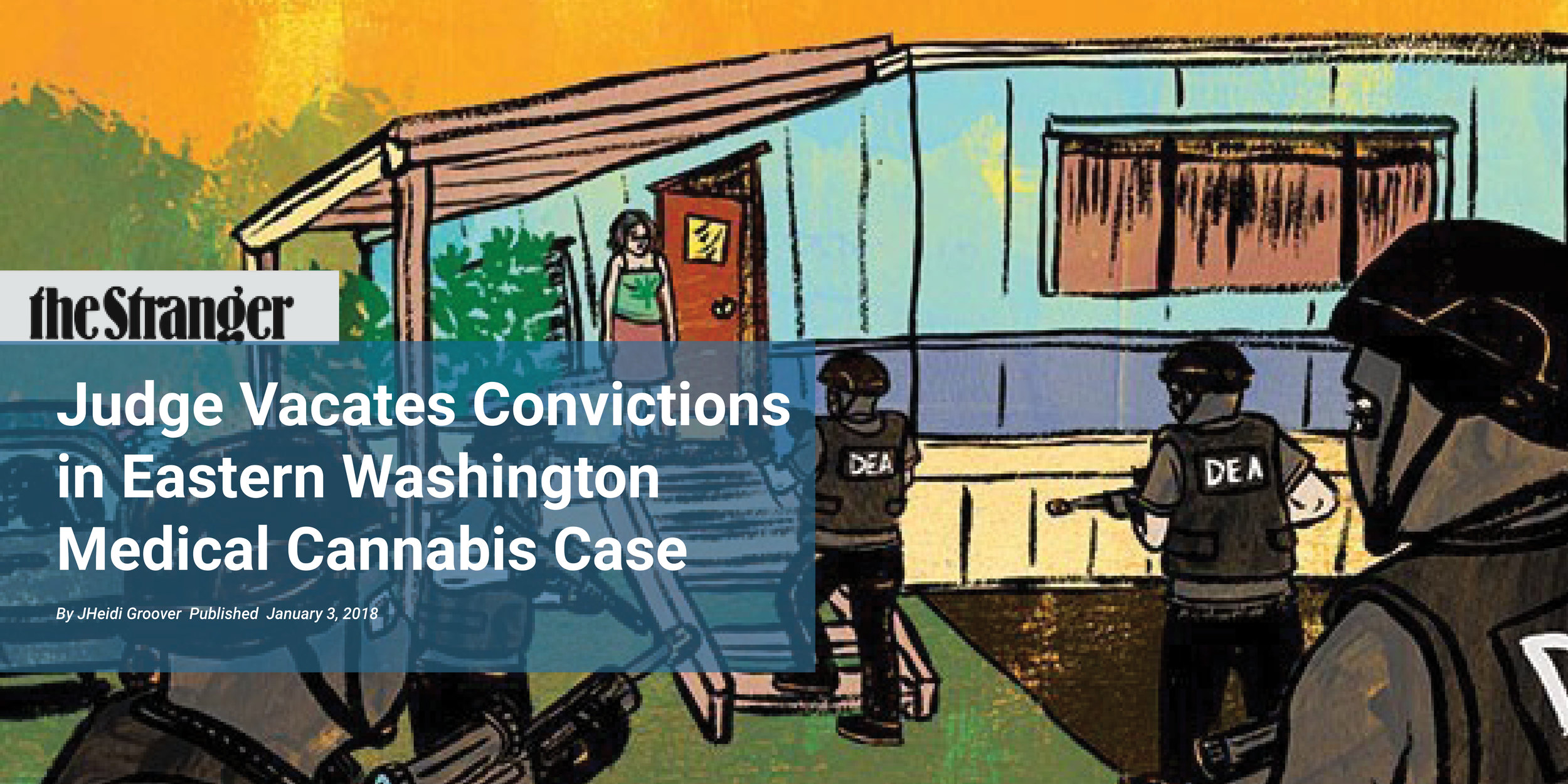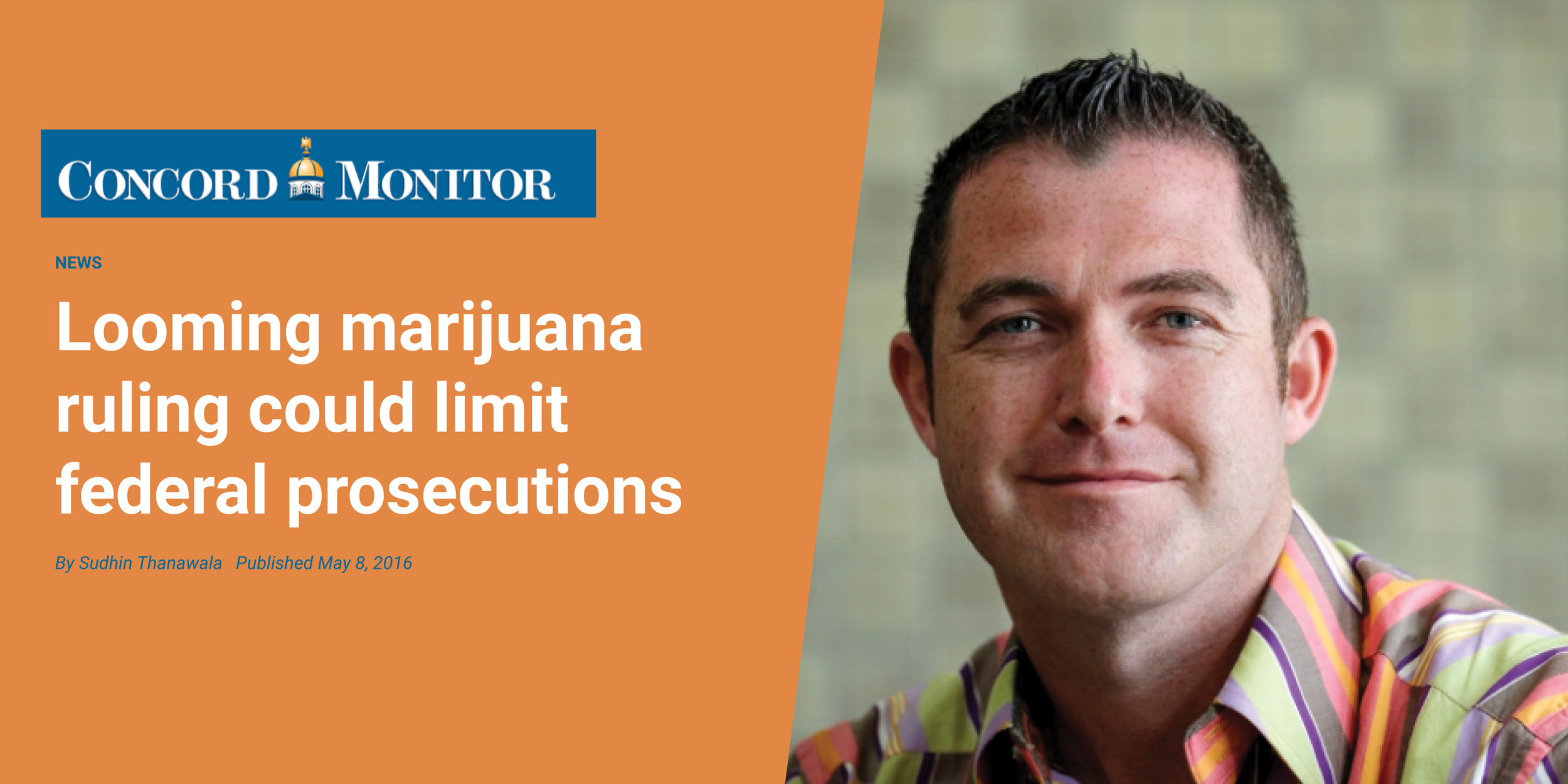
Opposing Mandatory Minimums
Every year, the federal government spends more than $50 billion on its War on Drugs, which overwhelmingly targets the poor and minorities, contributing to the highest incarceration rate in world history.
While the United States has only 5 percent of the world's population, it has nearly 25 percent of its prisoners — about 2.2 million people. But this has not always been the case. For most of the 20th century, the U.S. incarcerated about 100 people per 100,000 residents – below the current world average. However, starting in 1972, our incarceration rate began to increase steadily. By 2008, we reached a peak rate of 760 incarcerated persons per 100,000 residents.
The increase in incarceration cannot be explained by a rise in crime, as crime rates fluctuate independently of incarceration rates. Incarceration rates soared mostly due to laws being changed, making a wider variety of crimes punishable by incarceration and lengthening sentences. This harsh increase was driven in part by the implementation of mandatory minimums for drug offenses, starting in the 1980’s. These laws demand strict penalties for all offenders in federal courts, no matter the justifying circumstances.
The War on Drugs, a Brief History
Beginning in the mid-1970s, Congress began to lengthen sentences, culminating in the 1984 Comprehensive Crime Control Act, which established mandatory minimum sentences and eliminated federal parole.
During the heyday of the war on drugs, from 1985 to 1992 legislators began to lengthen these drug sentences. The Anti-Drug Abuse Act of 1986 was established, which imposed even more mandatory minimum sentences. Feeling that wasn't punishment enough, two years later a five-year mandatory minimum sentence for simple possession of crack cocaine, with no evidence of intent to sell was passed.
In the 1990's "three strikes laws" were introduced, sentencing any person with two prior convictions to life without parole. “Truth in sentencing” policies also demanded that people serve their full sentences. This culminated in the Violent Crime Control and Law Enforcement Act of 1994, which included a three strikes provision at the federal level.
Today, more than half of U.S. states have a three strikes provision.
“The war on drugs has made government more powerful, citizens less free, and hasn’t helped users or addicts.”

Kettle Falls Five Victory
On January 3, 2017 the federal district court in Spokane vacated the convictions of our clients and dismissed the charges. The courts action is the end of more than five years of unjustified prosecution against this family, whose only ‘crime’ was treating their own medical conditions in compliance with state medical marijuana laws.
Equal Justice Under Law represents a family — known in the media as the Kettle Falls Five — prosecuted by the federal government for growing medical marijuana. The group includes a family — a mom, her husband, her adult son, and the son’s wife — along with a family friend who signed an eleventh-hour plea deal with the government in exchange for offering testimony against the family. Every member of the family is indigent, none has any criminal history, and two members of the family (including Equal Justice Under Law’s clients) are native members of the Yakutat Tlingit Tribe. Sadly, the father — a 71-year old man — passed away last year from cancer.
All five co-defendants possessed valid medical licenses to grow marijuana. Even though all family members had state-sanctioned medical authorizations in Washington State, the federal government sought mandatory minimum sentences of ten years to life.
“As more states legalize medical marijuana, this case is an egregious example of over-zealous prosecution of upstanding citizens in the federal government’s failed War on Drugs, which calls for prison sentences for totally victimless offenses. People all across the country are rightly fed up with these kinds of cases.”
We led the defense team during the trial, which took place at the federal courthouse in Spokane from February 25 through March 3, 2015. After less than one day of deliberation, the jury the acquitted the defendants on 4 out of 5 counts. The jury delivered “not guilty” verdicts on all of the most serious counts, including Conspiracy to Violate Drug Trafficking Laws, Distribution of Marijuana, Use of Firearms in Furtherance of Drug Trafficking, and Maintaining a Drug-Involved Premise. The jury also rejected the federal government’s charge of Manufacturing 100 or More Marijuana Plants — which would have carried a five-year mandatory minimum sentence — and only convicted the defendants of the lesser-included charge of Manufacturing Less than 100 Marijuana Plants — which carries no minimum sentence.
October 16, 2017: the Department of Justice filed a brief confirming that the family in the so-called was in strict compliance with state law. Therefore, the DOJ has also confirmed that they were not authorized to spend money on the prosecution of the defendants because, starting in December 2014, Congress denied funding for such prosecutions in states where medical marijuana is lawful.
case details
Status: Settled
Date Filed: 01/05/17
Plaintiffs: United States of America
Defendants: Rhonda Lee Firestack-Harvey, Michelle Lynn Gregg and Rolland Mark Gregg
Jurisdiction: The U.S. District Court of Eastern District of Washington
Partners: The DKT Liberty Project provided the only amicus “friend of the court” brief that was filed in their case. The brief argued that the Rohrabacher-Farr Amendment, a provision included in every federal budget since 2014, provides that, “None of the funds made available in [the federal budget] to the Department of Justice may be used … to prevent…States from implementing their own state laws that authorize the use, distribution, possession, or cultivation of medical marijuana.”
IMPACT
This landmark prosecution will have significant ramifications for the scope of the War on Drugs and has the potential to set important constitutional limits on the government’s efforts to imprison people without compelling justification.

